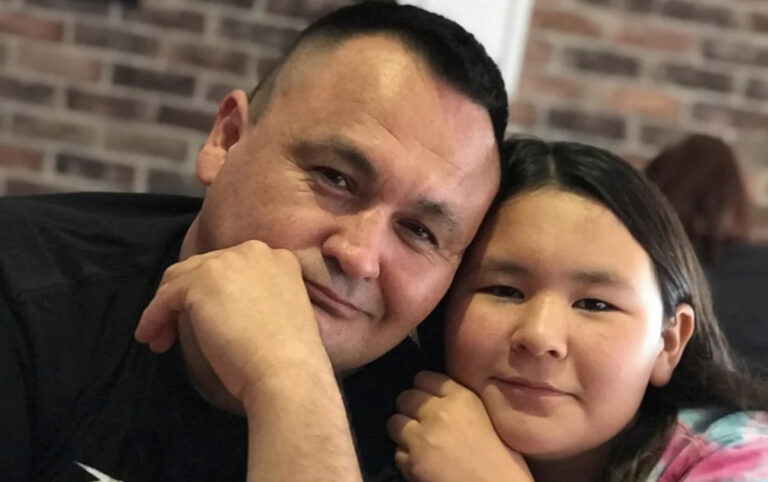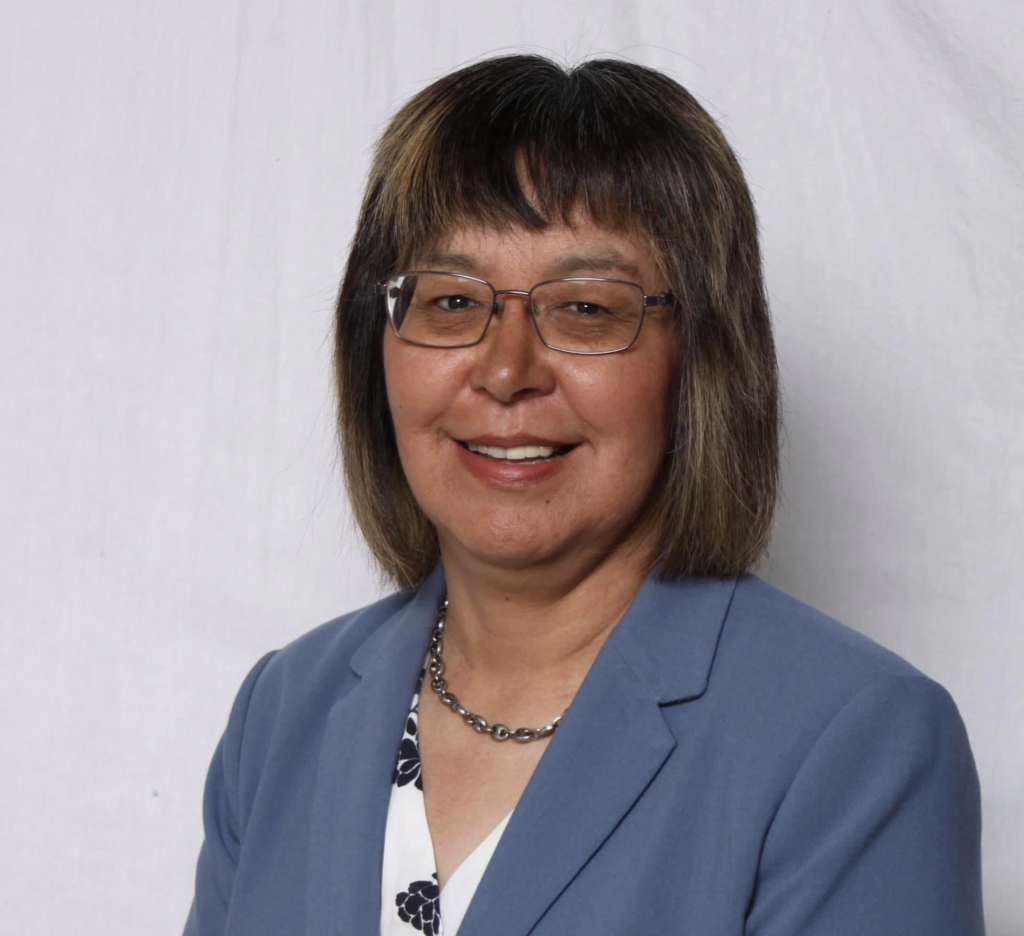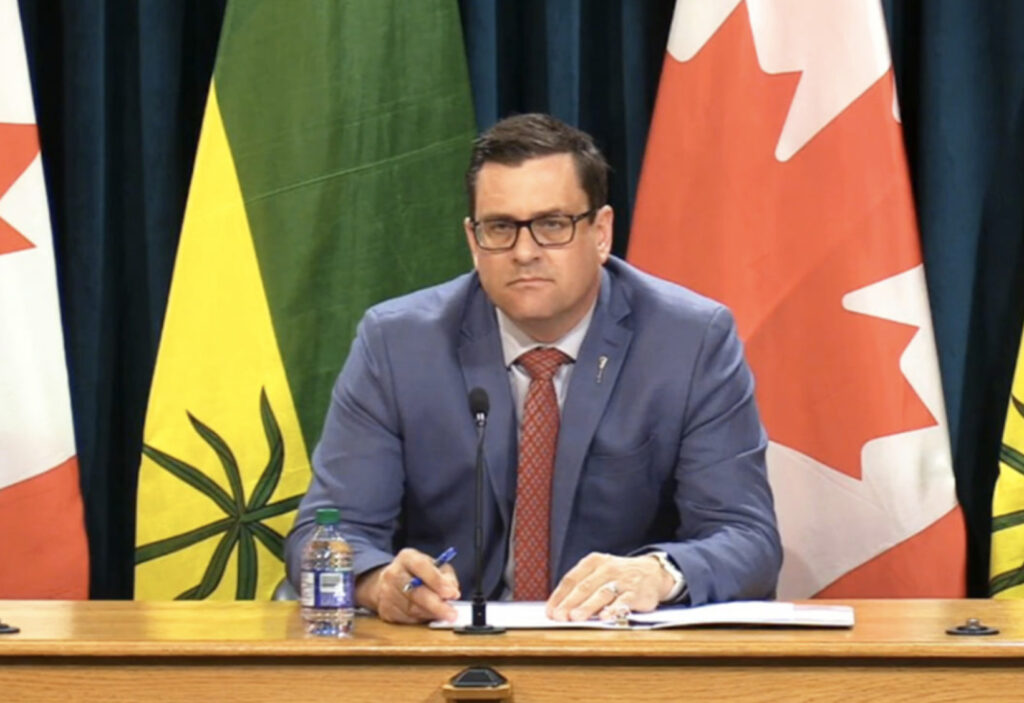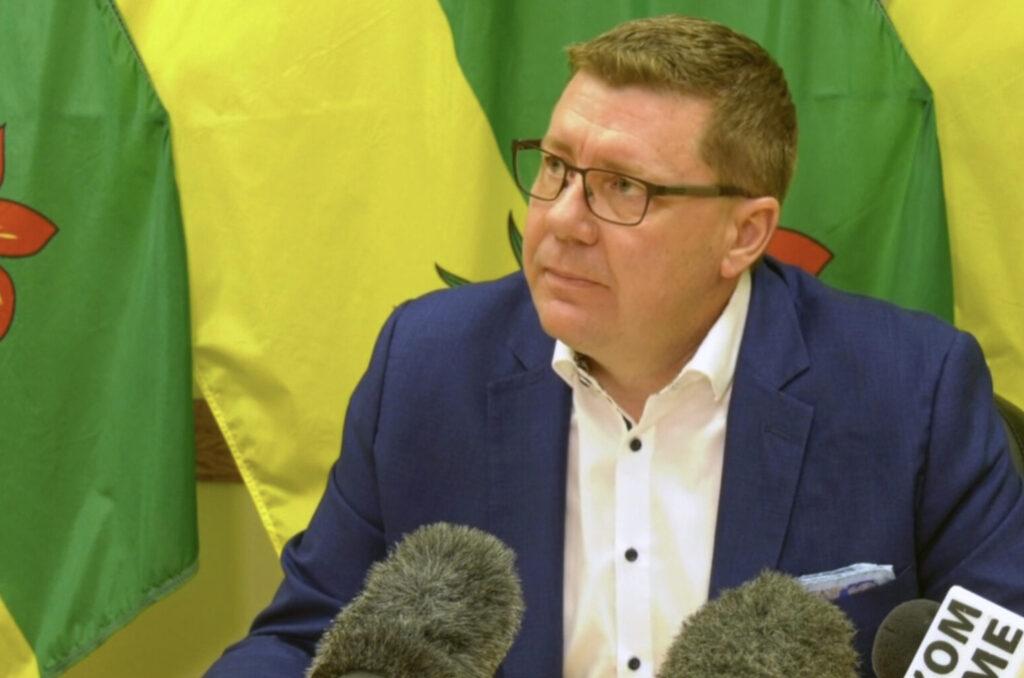
Clearwater River Dene Nation Chief Teddy Clark said Saskatchewan Premier Scott Moe put northern communities at risk by lifting emergency public health measures on July 11. Now he said northerners need to work quickly to stop a crisis.
Clark said cases have been on the rise since the province lifted restrictions and that’s no coincidence. The province reopened without consulting First Nations leadership in the north, who would have advised against it, he said.
“I just feel it’s too soon, too quick. Ever since the government removed restrictions I can see the numbers climbing, especially in the north. I think Scott Moe jumped the gun on this. He moved too quickly and now, look at the result of it,” Clark said.
“I don’t think they really considered the north. Our numbers are very low in vaccinations. I think that should have been taken into consideration.”
Clark said the Northern Village of La Loche and Clearwater River Dene Nation have a 28 per cent vaccination rate for the first dose, that’s well below the provincial threshold of 70 per cent to lift restrictions. That number drops even further for residents who have their second shot, with only around 14 per cent fully vaccinated.
La Loche Mayor Georgina Jolibois said a lack of any binding restrictions makes it difficult for leaders to work with residents and keep the pandemic under control.

“I think every community in Saskatchewan has the same challenges that we have with the province lifting restrictions. The RCMP cannot enforce and health cannot enforce anything because of all the restrictions being lifted,” Jolibois said.
“My council will continue to encourage people to take the vaccine, but without the support from the province that is kind of a challenge.”
The ministry of health said officials are waiting on word from the Northern Inter-Tribal Health Authority (NITHA) and Athabasca Health Authority (AHA) regarding further steps.
Saskatchewan health minister Paul Merriman said on Tuesday that he’s optimistic the situation can be brought under control.
“Obviously we’re working with all of our northern communities to make sure that they have access to vaccines first of all — and (that) there’s a good understanding of the public health orders that were in place, and just general practices within COVID,” Merriman said.
“Everybody in Saskatchewan should have access to a vaccine right now. If they choose not to get (vaccinated) that’s their choice. My concern is that the people that we are seeing in the hospital and that are having severe outcomes are those ones that are unvaccinated.”
Merriman said there is no plan to re-enact a blanket public health order across the province, but some isolated areas could see restrictions if health officials recommend it.
He said recent surges in COVID-19 have been “very localized” in “unvaccinated communities.”

“We can work with them just like at the beginning of the pandemic back in the Spring of last year,” Merriman said. “We were able to manage that and we will be able to manage this with the help of the communities and the leaders.”
Clark said lifting restrictions has led residents to believe the pandemic is over, and some are no longer following instructions to social distance, wear masks and self-isolate when needed.
Social gatherings are contributing to the problem and vaccine hesitancy is being driven by a “free for all” among “keyboard warriors” on social media, he said.
Clark said Meadow Lake Tribal Council (MLTC) chiefs hope to meet with Indigenous Services Minister Marc Miller and Crown-Indigenous Relations Minister Carolyn Bennett next week to find a solution.
“I’m not saying let’s lock the north down again. But if worst comes to worst, that is our last resort,” Clark said.
“The Saskatchewan government should have taken a different approach to this. I never got a call from Scott Moe or from his team. I would have given them my two cents — to consider the fact that we’re not 80 per cent vaccinated.”
Ministry of health spokesperson Colleen Book told the Prince Albert Daily Herald in a written response Friday that the “triggers” for each phase of reopening were publicly announced.
She said it was known that there was “vaccine uptake variation throughout the province” and the province reopened when the threshold of 70 per cent of the population received their first dose of vaccine.
“The Re-Opening plan was drafted in consultation with public health officials, who are in regular contact with medical health officers throughout the province,” Book said.
“Public health has continued to make vaccination available in every region, promoted clinic availability and information about the safety and effectiveness of the vaccine, and worked with all community leaders to increase uptake.”
Book said provincial public health authorities are in touch with the AHA and NITHA’s medical health officers on contact and case investigation in northern communities that “would include discussions around additional supports that may be required to support those efforts.”
A medical health officer can order an individual to isolate under the Public Health Act.

Non-compliance with this order can result in fines up to $2,800. Public health officials can ask for assistance from local police when investigating instances of non-compliance or when serving summary offence tickets – this includes local RCMP.
“The Provincial Public Health Order contained mandatory isolation requirements for COVID positive individuals and close contacts,” Book said.
“Upon repealing the provincial order, isolation is no longer mandatory; however cases and contacts are still advised by the provincial health authority to self-isolate and follow other public health recommendations to prevent further spread of the illness.
“At this time, the province has not received a request to consider additional public health measures.”
Jolibois said she will know within the next couple of weeks whether La Loche will need its own restrictions and asked the province for help to prevent an outbreak in her community.
“I do know that we require assistance from the provincial government, and we appreciate their support and their guidance,” Jolibois said.
Clark said the province isn’t entirely to blame for the situation and that residents need to act in their own best interest by getting vaccinated to avoid further lockdowns.
“We can’t just blame the health authority or blame the government for everything that goes on. We have to take some ownership as well,” Clark said.
“If these numbers continue to climb and if we don’t see a little bit of light at the end of the tunnel here, we’re going to slap our own restrictions in there.”
Clark said northern leaders need to unite and remind the Saskatchewan government to take the situation seriously. “We need to align, and we need to do it quickly, and I think that’s what’s going to happen.”
